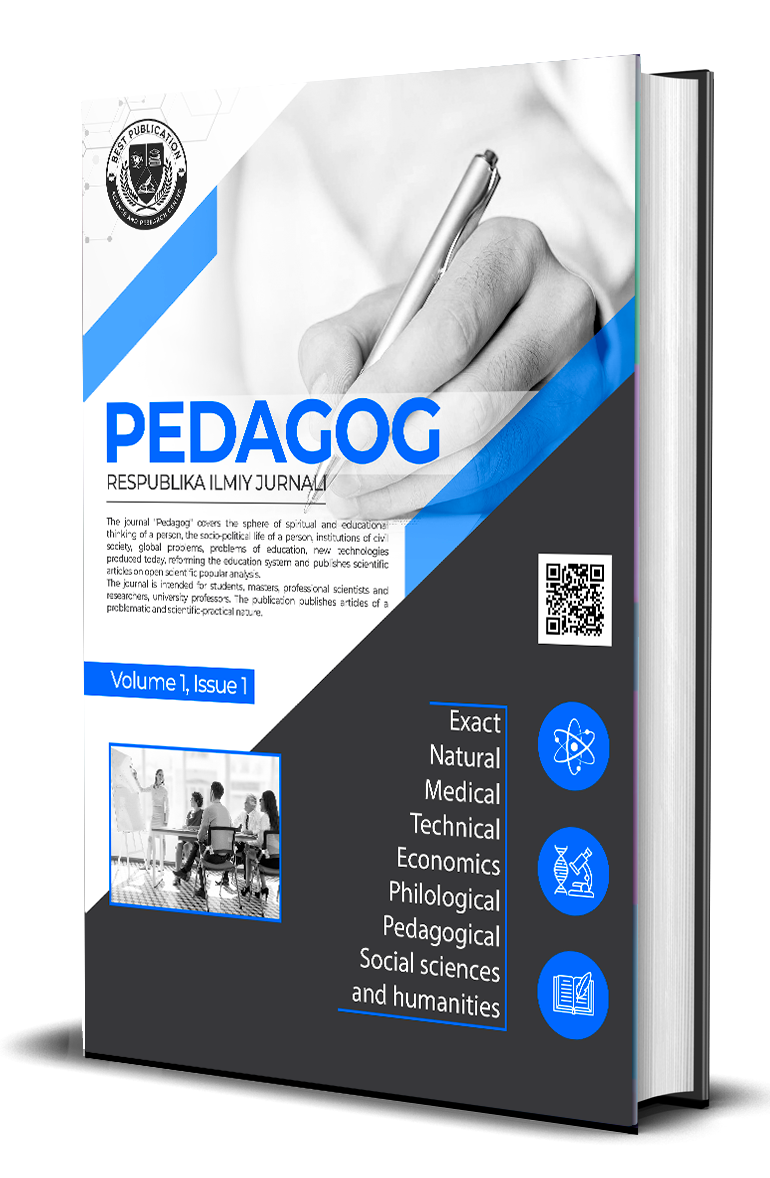DEVELOPING INTEGRATED SKILLS IN LEARNERS OF ENGLISH FOR SPECIFIC PURPOSES
Abstract
This paper explores the importance of developing integrated language skills in learners of English for Specific Purposes (ESP). It emphasizes the need to unify listening, reading, writing, and speaking skills in professional contexts, where communicative competence is essential. The theoretical foundations of integrated skills instruction are analyzed, with reference to leading scholars in applied linguistics. The paper also examines practical approaches such as project-based learning, case studies, and the use of authentic materials. Finally, recommendations are provided for enhancing ESP teaching practices in higher education.
References
1. Dudley-Evans, T., & St. John, M. J. (1998). Developments in English for Specific Purposes: A Multi-Disciplinary Approach. Cambridge: Cambridge University Press.
2. Hutchinson, T., & Waters, A. (1987). English for Specific Purposes: A Learning-Centred Approach. Cambridge: Cambridge University Press.
3. Richards, J. C., & Rodgers, T. S. (2014). Approaches and Methods in Language Teaching (3rd ed.). Cambridge: Cambridge University Press.
4. Widdowson, H. G. (2003). Defining Issues in English for Specific Purposes. Oxford: Oxford University Press.
5. Flowerdew, L. (2013). Discourse in English Language Education. Routledge.
6. Hyland, K. (2006). English for Academic Purposes: An Advanced Resource Book. Routledge.
7. Johns, A. M., & Dudley-Evans, T. (1991). English for Specific Purposes: International in Scope, Specific in Purpose. TESOL Quarterly, 25(2), 297–314.




